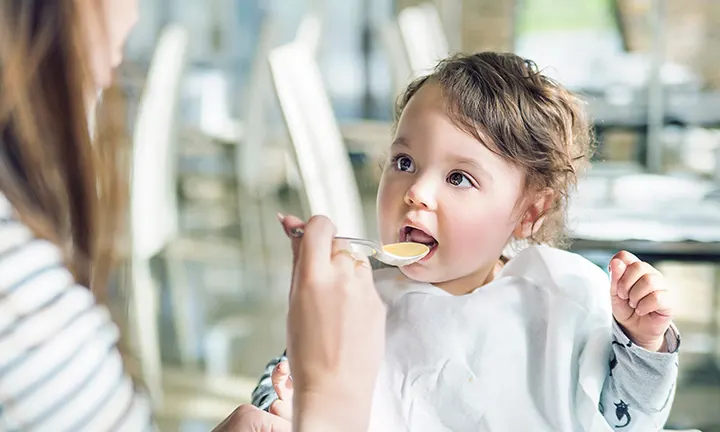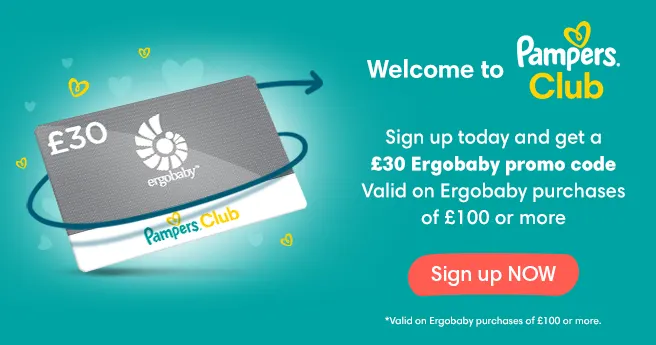When Can Babies Have Honey?
You may have heard about the benefits of honey or just love the sweet taste of it, but it's important to know that honey isn’t safe for your young baby. Read on to find out why babies can’t have honey, when children can start to eat honey and what could happen if your baby eats honey before he or she is old enough.
Why Can’t Babies Have Honey?
Babies under 12 months should never be given honey, because it may contain bacteria (in the form of spores) that an infant’s developing digestive system can’t handle.
These bacteria are harmless to older children and adults, but in your baby’s stomach they can germinate, multiply and produce a toxin that can lead to a serious illness called infant botulism.
Even after your baby’s first birthday, keep in mind that – although natural – honey is still a sugar, so by avoiding it for as long as possible or by limiting the amount you give you can help lower the risk of things like tooth decay.
When Can Children Have Honey?
When your child is at least 1 year old, it’s usually safe for him or her to eat honey. By that point your baby’s digestive system will be mature enough to protect against the bacteria that is behind infant botulism.
What Is Infant Botulism?
Botulism is an illness caused by toxins that are produced by Clostridium botulinum, a type of bacteria that is sometimes found in honey. The bacteria themselves are harmless, but the toxins they can produce are extremely poisonous.
You might already have heard of botulism, as a kind of food poisoning that can affect adults and children alike, which results from other foods – such as tinned goods – being contaminated.
Fortunately, food hygiene standards now make it extremely rare to catch botulism from shop-bought foodstuffs.
Infant botulism, however, specifically refers to the illness when it is contracted by babies who are younger than 12 months old.
What Are the Symptoms of Infant Botulism?
Symptoms of botulism in babies can include
constipation (three or more days without a bowel movement)
lethargy
weak crying
weakness or floppiness
difficulty feeding
breathing issues
lack of facial expression
drooping eyelids
decreased movement.
What to Do If You Suspect Your Baby Has Infant Botulism?
Botulism is a rare but extremely serious disease which, left untreated, can be fatal. However, as long as treatment is started in time most people make a full recovery. If your infant has botulism, he or she will probably need to be treated in hospital. If you suspect your baby has eaten honey or that your child may have infant botulism let your doctor, midwife or health visitor know straight away. If your infant has any of the above symptoms of botulism, call 999 or go to your nearest A&E department.
The Short and Sweet of It
To keep your little one healthy and safe, wait at least until his or her first birthday has passed before giving your baby honey. Your child will have plenty of time to enjoy the sweetness and any possible health benefits of honey when he or she is a bit older. In the meantime – if you’ve already started weaning – your baby has plenty of other exciting new tastes, textures and sensations to explore. Bon Appetit!
The information in this article is based on the expert advice found in trusted medical and government sources, such as the National Health Service (NHS). You can find a full list of sources used for this article below. The content on this page should not replace professional medical advice. Always consult medical professionals for full diagnosis and treatment.
Join Pampers Club and get:




